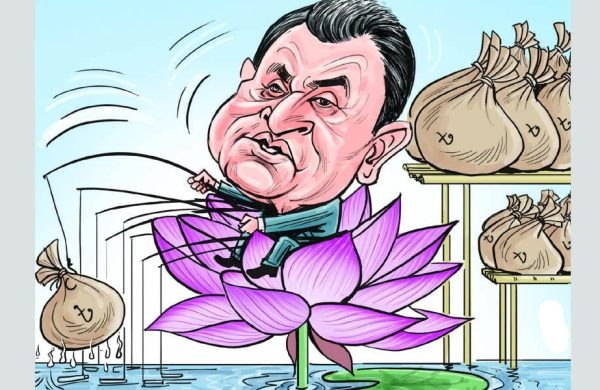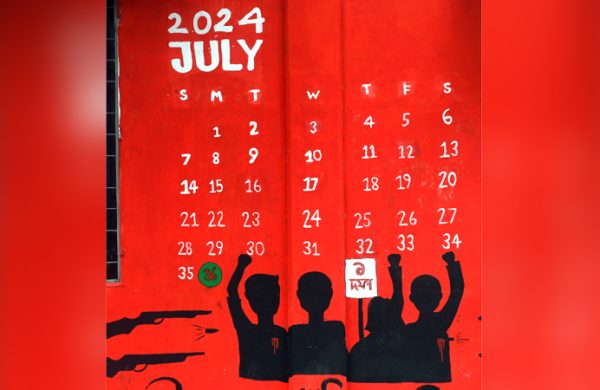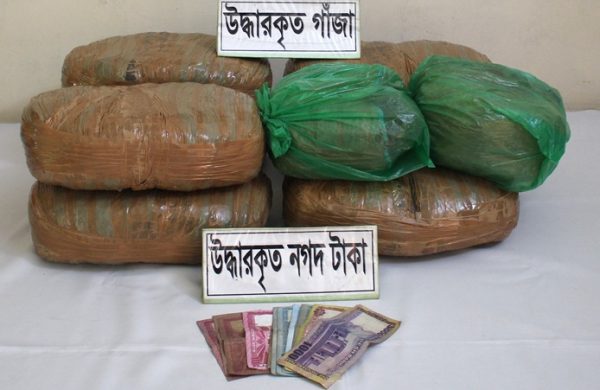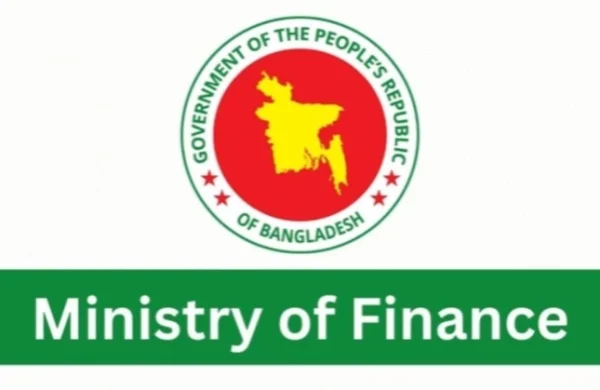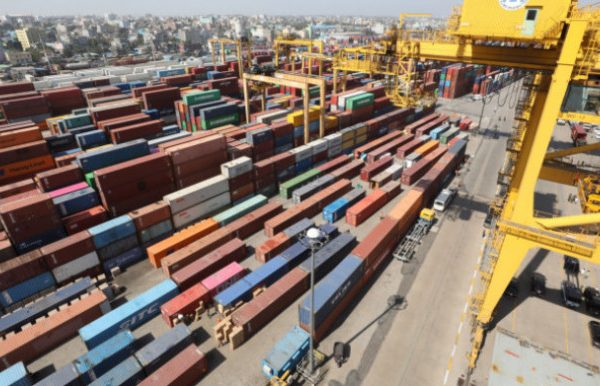Gold smuggling threatens country’s economic stability
- Update Time : Monday, September 23, 2024

Smugglers use BD as a transit route
TDS Desk:
Bangladesh is facing a significant economic crisis due to the rampant smuggling of gold from Middle Eastern countries. Both local and international smugglers use Bangladesh as a transit route, primarily smuggling gold through 30 border districts to India. This illicit trade is costing the country an estimated $22 billion in foreign reserves and a revenue loss of around Tk100 billion, according to the Bangladesh Financial Intelligence Unit (BFIU).
Experts and stakeholders are urging the government to take immediate steps to stop gold smuggling, which they say is crippling the country’s economy. They have called for enhanced law enforcement efforts and the establishment of a dedicated monitoring cell to tackle the issue. Without decisive action, they warn, the economy will continue to suffer.
FINANCIAL LOSSES AND THE CALL FOR URGENT ACTION
At a recent meeting, stakeholders stressed the need for stronger measures to combat gold smuggling. They highlighted that stopping the smuggling is essential to safeguard the economy, as it depletes foreign reserves and leads to tax evasion. “The smuggling of gold is destroying the economy. There’s no alternative to stopping it if we want to protect our financial system,” said a spokesperson for the Bangladesh Jeweller’s Association (BAJUS).
Dr. Sajjad Zahir, Executive Director of the Economic Research Group (ERG), pointed out that the government is being deprived of valuable tax revenue due to the smuggling. He emphasized the need for the BFIU to investigate the reasons behind the continuous flow of gold through Bangladesh, as well as identify the beneficiaries of this trade. “Gold is coming in from abroad and being smuggled out again. We need to look into who is profiting from this and take appropriate action,” he said.
Dr. Mahfuz Kabir, Research Director at the Bangladesh Institute of International and Strategic Studies (BIISS), expressed concern over the rising number of gold smuggling incidents at the country’s airports. He criticized the current government for not being able to prevent these smuggling attempts and called for stricter monitoring of the gold trade. “We must ensure that gold smuggling is halted, not only for the sake of the economy but also to support legitimate jewelry businesses,” he added.
GROWING SMUGGLING NETWORKS AND BORDER RISKS
Smuggling networks use Bangladesh’s border districts, especially in the Khulna division, as a safe passage for gold to India. These areas have become a hub for illicit trade, with six key districts—Meherpur, Kushtia, Chuadanga, Jhenidah, Jessore, and Satkhira—acting as major routes for gold smuggling. According to BAJUS, law enforcement agencies need to prioritize operations in these regions to dismantle the smuggling rings.
Recent data from the Bangladesh Bank shows that in August, remittances from expatriates amounted to $2.22 billion. However, a significant portion of these remittances are being converted into smuggled gold, with large consignments being re-exported via land and sea routes. BAJUS estimates that 910 billion taka is being smuggled out through hundi transactions each year, further exacerbating the country’s ongoing dollar shortage and hampering foreign exchange reserves.
THE NEED FOR STRONGER ENFORCEMENT AND MONITORING
To address this escalating crisis, BAJUS has called for the formation of a government monitoring cell focused on preventing gold smuggling. They have also suggested that the BFIU and intelligence agencies increase their vigilance and work in coordination with other law enforcement bodies.
Dr. Fahmida Khatun, Executive Director of the Centre for Policy Dialogue (CPD), has emphasized the need for immediate action to curb gold smuggling and restore order in the financial sector. She believes that activating the BFIU and conducting thorough investigations into how gold enters the country illegally are crucial first steps. “There is no alternative to stopping smuggling if we want to bring stability to the economy,” she remarked.
Anwar Hossain, spokesperson for BAJUS, noted that most jewelers in Bangladesh operate honestly, but the current legal framework often works against them. He called on the government to take more effective measures to support the growth of the jewelry industry, stressing the importance of stopping gold smuggling as a critical first step. Hossain also urged the government to crack down on those involved in smuggling and ensure that legal loopholes, such as the misuse of baggage rules, are closed.
Experts and stakeholders have stressed the need for stronger law enforcement efforts, active intelligence monitoring, and policy reform to address this growing issue. Without immediate action, the economic consequences could become even more severe, impacting everything from import-export operations to the country’s overall financial stability.






